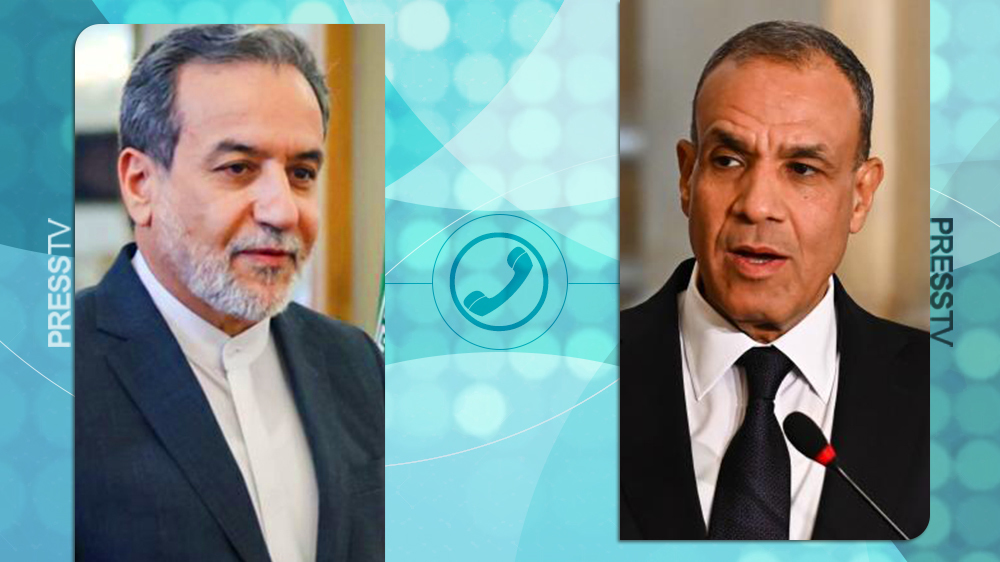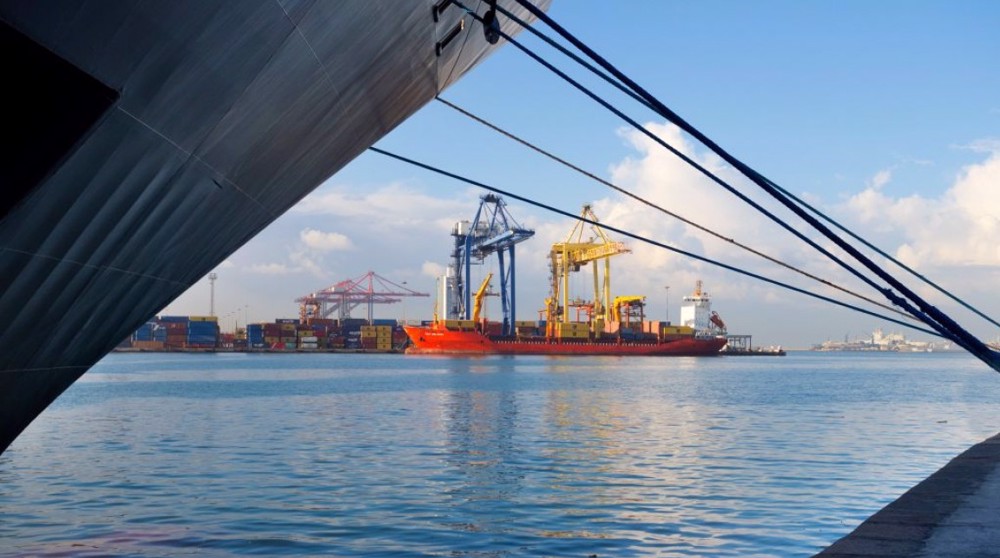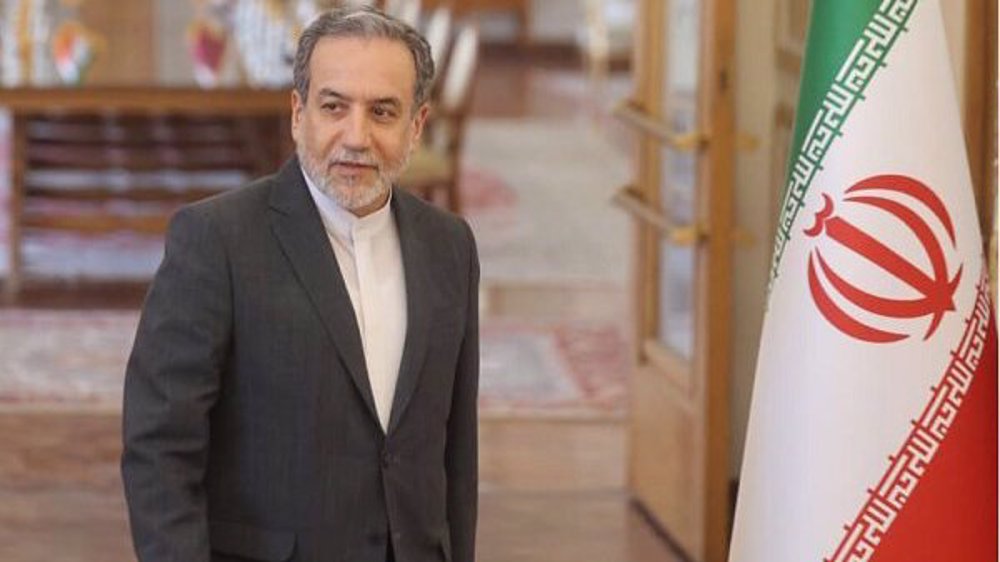Egypt bans scores of news websites in less than 3 weeks
Egyptian authorities have blocked access to more than 60 news websites, critical of government, in the past three weeks, mounting a growing crackdown on the press in the North African country.
According to a Monday report by the Association for Freedom of Thought and Expression (AFTEH), an Egypt-based NGO tracking the affected sites, the AFTEH group has "monitored the blocking of 62 websites from May 24th to June 12th, 2017."
It added that the monitoring association had also noticed that the authorities had begun blocking websites that provide Virtual Private Network (VPN) services, a technology that enables users to circumvent strict state censorship of the Internet.
"Let's be clear, the Egyptian websites going through this are dealing with a long-term shutdown -- this is not short term," said Egyptian journalist Khaled al-Balshi, whose news website al-Bedaiah was blocked on Sunday. Balshi's news outlet, a dissident voice in Egypt, was the 57th blocked site in the past three weeks.
When al-Bedaiah was blocked seven of its eight most read articles had strongly criticized the controversial transfer of two Egyptian Red Sea islands to Saudi Arabia, Egypt's top benefactor. They argued that the islands are Egyptian territory and cannot be transferred to another country, a point of view that triggered rare protest rallies last year calling for the accord's cancellation.
Read more:
However, it seems that the main reason for banning the websites lies in the fact that Cairo considers almost all kinds of dissident voices as linked to the outlawed Muslim Brotherhood (MB) movement, which was ousted from power in Egypt in 2013 when the military removed democratically-elected President Mohammad Morsi, MB's then leader.
The Brotherhood was later blacklisted as a terrorist organization by officials in a bid to prevent its affiliates from running in elections.

Since Abdel-Fattah el-Sisi came to power as president, following the ouster of Morsi in a coup, Egyptian authorities began a clampdown on the opposition voices and dissident journalists, in most cases accusing them of supporting the "terrorist" Muslim Brotherhood and Morsi.
"The main reason is how much [these websites] deal with the Muslim Brotherhood or express support for terrorism," said Makram Mohamed Ahmed, head of the newly formed Supreme Media Council, a state media regulator.
International rights groups have repeatedly blasted the government of Sisi for launching a heavy-handed crackdown on anti-government protesters and stifling freedom of speech.
They also say the army’s crackdown on the supporters of Morsi has led to the deaths of over 1,400 people and the arrest of 22,000 others, including some 200 people who have been sentenced to death in mass trials.
Diplomat discourages recourse to pressure, intimidation, confrontation against Iran
UN: 2024 deadliest year for aid workers amid genocide in Gaza
Gaza health official warns of hospital shutdowns within 48 hours
Israel kills 5 more paramedics in southern Lebanon: Health ministry
Iran to launch ‘new, advanced’ centrifuges in response to IAEA resolution: AEOI
Yemen fires hypersonic missile at Israeli airbase
VIDEO | New Delhi chokes under toxic smog as air quality remains at hazardous levels
VIDEO | Press TV's news headlines














 This makes it easy to access the Press TV website
This makes it easy to access the Press TV website